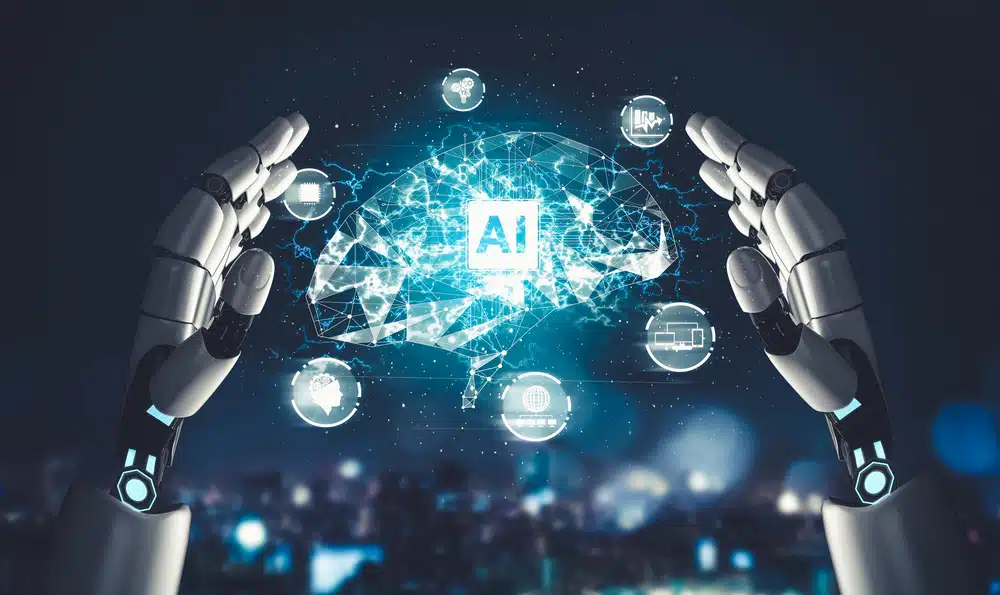
The unseen ethical considerations in AI practices: A guide for the CEO
Artificial Intelligence (AI) is only accelerating its adoption among global corporate enterprises, thus CEOs and business leaders are positioned at the confluence of innovation and ethics, as it relates to implementing AI projects, in their businesses.
While technical prowess and business potential are usually the focus of conversations around AI, the ethical considerations are sometimes overlooked, especially those not immediately obvious. From a perspective that straddles the line of business leadership and technical acumen, there are five critical, yet often missed, ethical considerations in AI practices that should be part of your due diligence in starting any AI projects:
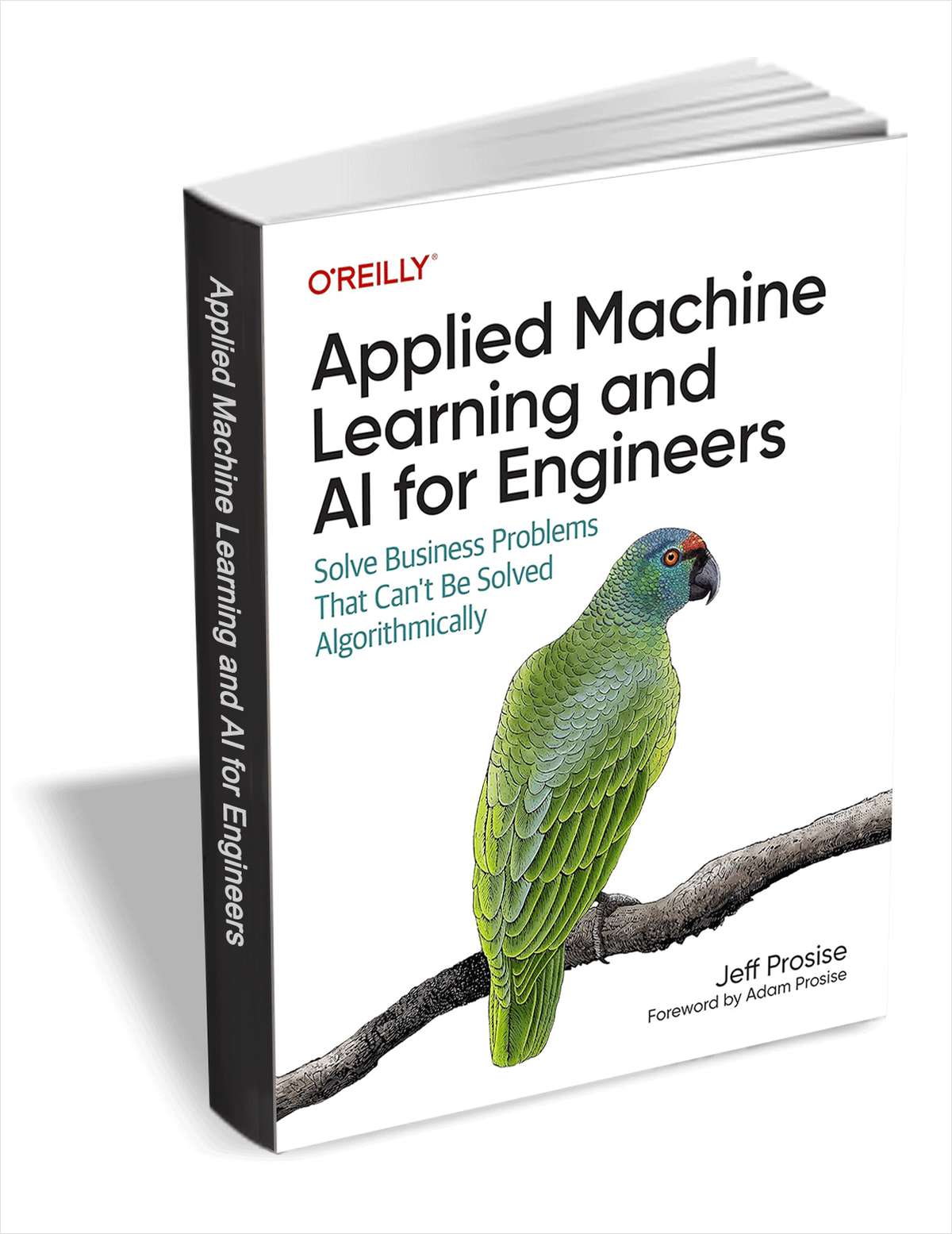
Get 'Applied Machine Learning and AI for Engineers' (worth $67.99) for FREE
While many introductory guides to AI are calculus books in disguise, this one -- Applied Machine Learning and AI for Engineers -- mostly eschews the math.
Instead, author Jeff Prosise helps engineers and software developers build an intuitive understanding of AI to solve business problems. Need to create a system to detect the sounds of illegal logging in the rainforest, analyze text for sentiment, or predict early failures in rotating machinery? This practical book teaches you the skills necessary to put AI and machine learning to work at your company.
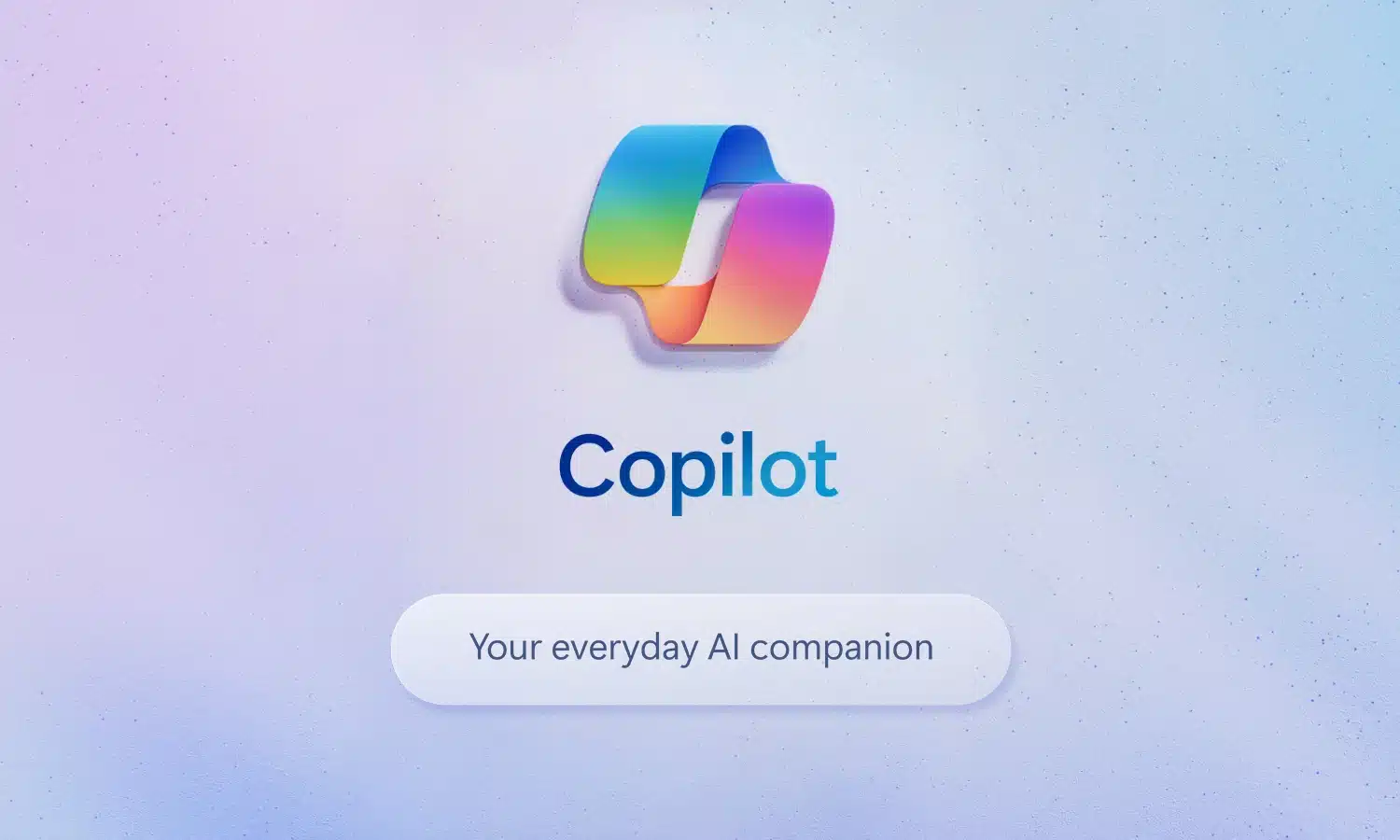
Microsoft tries to calm fears after Edge update also appeared to install Copilot in Windows Server
Microsoft caused concern when it released an update to its Edge browser. Despite having decided not to add its AI-powered assistant Copilot to Windows Server 2025 because of complaints from admins, users were upset to find that Copilot suddenly appeared in the list of installed apps for Windows Server 2022.
What's going on? Nothing sinister, insists Microsoft. The company has scrabbled to calm the fears of administrators saying that while a package called "Microsoft chat provider for Copilot in Windows" may well show up, Copilot has not actually been installed and it is not collecting any data.
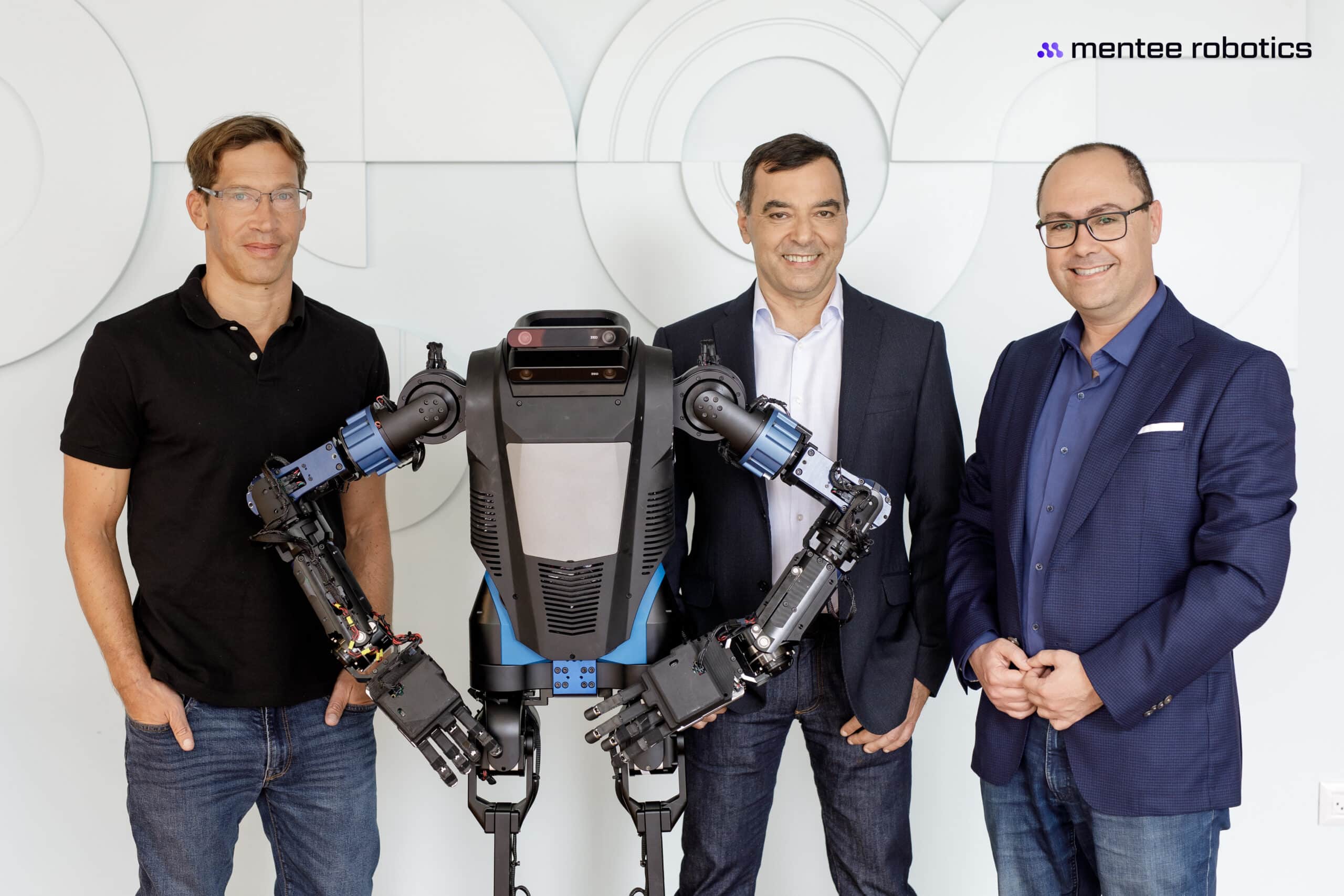
MenteeBot is an AI-powered humanoid robot coming to your home and workplace in 2025
Mentee Robotics has pulled back the curtain on MenteeBot, a personalized humanoid robot that fully integrates AI across all operational aspects.
Founded in 2022 by AI experts, Mentee Robotics has been working quietly behind the scenes for the past two years. The company’s prototype humanoid robot represents a full end-to-end operation cycle, from verbal command recognition to complex task fulfillment. This includes advanced feats such as navigation, locomotion, scene understanding, object detection, localization, and natural language understanding.
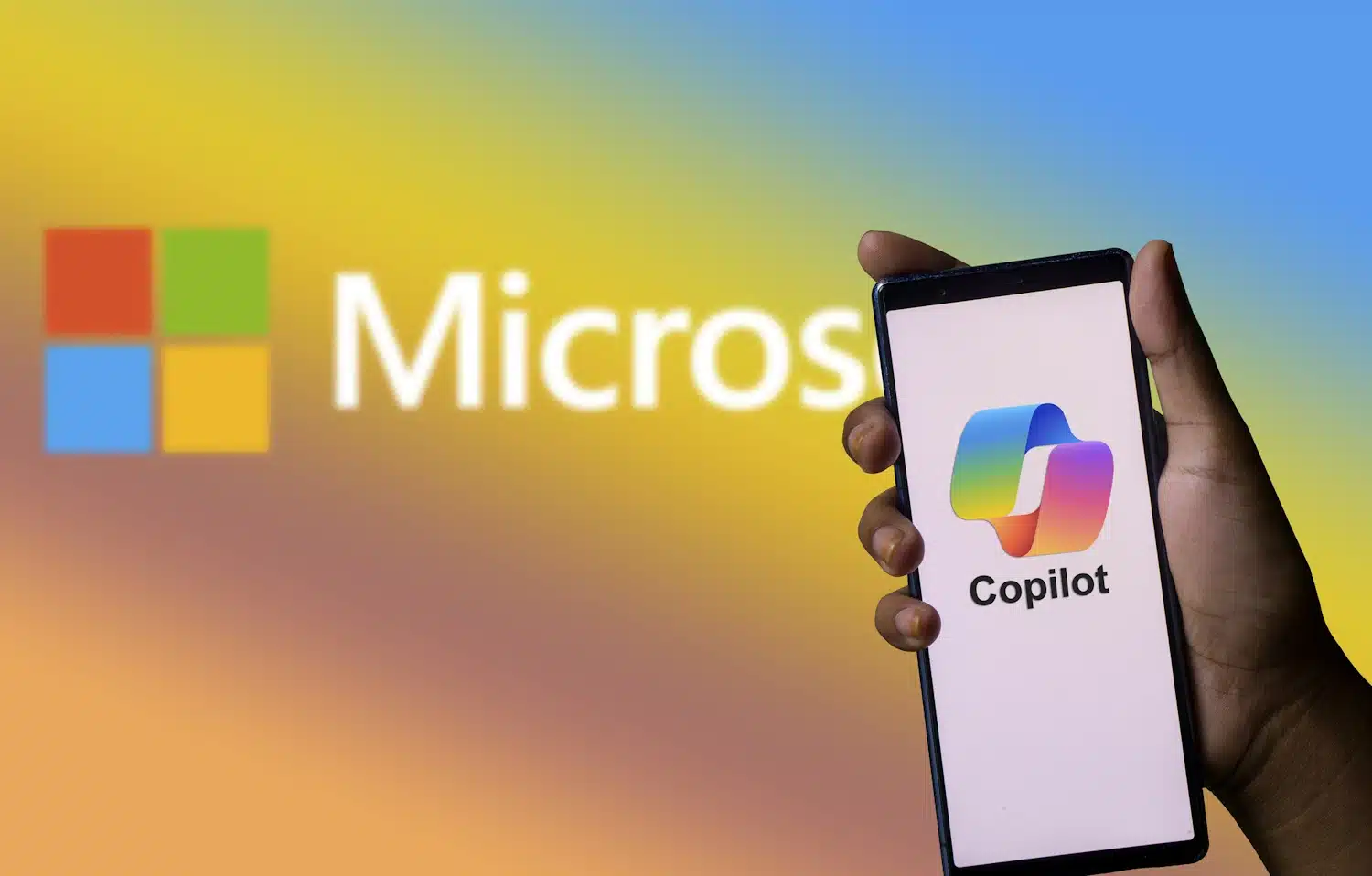
Microsoft is modernizing the workplace -- but where does Copilot fit in?
Whether it’s the company’s commitment to the cloud, to developing its Office suite or being a lead player in the artificial intelligence (AI) revolution, Microsoft remains the top provider of enterprise workplace tools. Despite no shortage of competition, Microsoft passed Apple earlier this year as the largest company in the world with a market capitalization of more than three trillion dollars.
Over the last few years, much has been made of Microsoft’s investment in AI. It is the lead investor in ChatGPT and has now rolled out Copilot, its own AI offering for the workforce. Copilot is an awesome tool, which leverages and trains publicly available code to provide users with suggestions and solutions to work challenges. Used properly, Copilot offers enhanced productivity and streamlined software development processes to users.
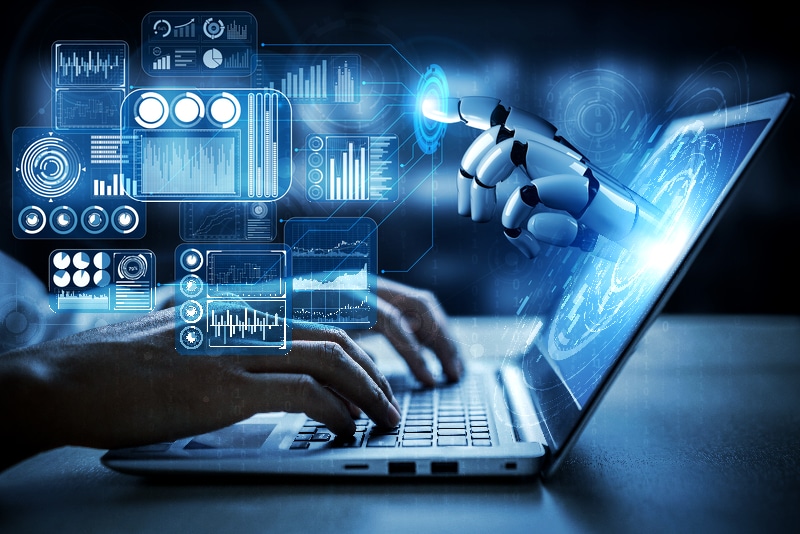
The AI advantage: Navigating the future of procurement with Generative AI
Generative AI (Gen AI) is no doubt the new “white hot” technology, with tremendous potential for transforming Source-to-Pay processes. In fact, AI can deliver cost savings of up to 40 percent according to research by Oxford College of Procurement & Supply. With its widespread adoption and inclusion in digital transformation initiatives across every industry, Gen AI has become a must-learn technology. It has the potential to improve productivity of Procurement teams tremendously to eliminate time consuming and repetitive tasks and free up time for more strategic thinking. In fact, Gen AI can reduce time spent on some procurement processes by up to 60 percent.
This enables Procurement teams to elevate their strategic impact and spend time on more creative aspects of the function that have a bigger impact.
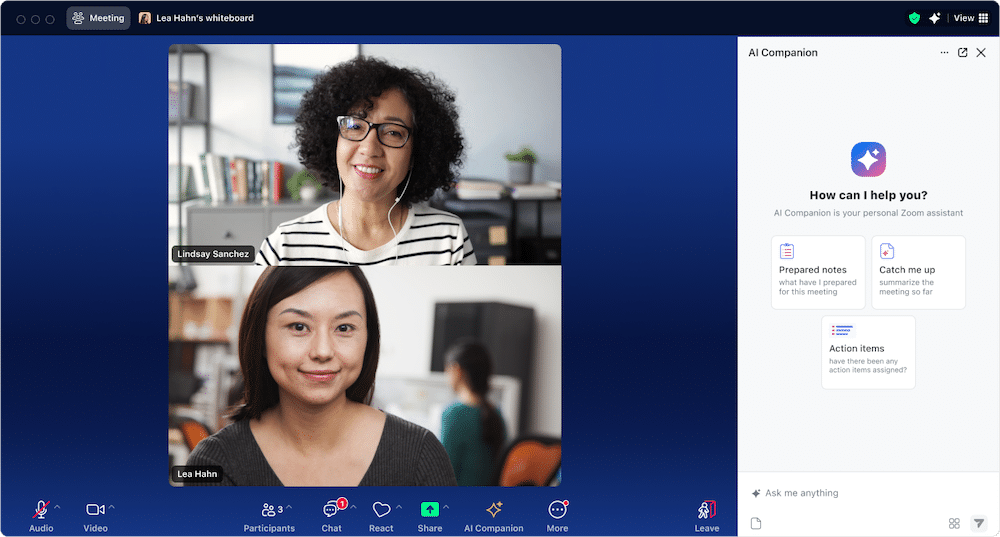
Zoom rebrands as Zoom Workspace 6.0, an AI-powered update packed with new features
Zoom Video Communications has rolled out a major update and rebrand of its video-conferencing tool for Windows and Mac with the release of Zoom Workspace 6.0. The new name reflects the app’s new function -- as a single collaborative platform for all its AI-powered features, including the new Zoom AI companion.
The rebranded app is accompanied with a visual overhaul, but more notable are the sheer number of new and improved features on show.

Why the cybersecurity industry needs to re-frame the AI debate [Q&A]
Conversations around artificial intelligence and the threat it poses to humanity have been building for years. The launch of ChatGPT (or generative AI) nearly a year ago thrust the issue to the forefront of the global agenda.
Discussions have reached such a fever pitch that in April this year, technologists including Elon Musk signed an open letter begging AI teams to pause development. Despite it being widely condemned, the letter underscored how seriously the world is considering AI risks.

Build 2024: Microsoft plans to enhance PowerToys with new AI tools
Artificial intelligence is just about impossible to avoid, and not content with packing Windows with AI-powered features, Microsoft is doing the same with PowerToys.
Details are currently a little thin on the ground, but the popular collection of utilities is due to gain a new module called Advanced Paste. Microsoft has not yet revealed much about the upcoming tool, but the schedule of events for next month's Build conference includes a session called "PowerToys Advanced Paste with Local AI".

Here are the best new features of Windows 11 Moment 5 -- and why you should install it now right!
While Microsoft releases updates for Windows 11 every month, some are more significant with others. The company has taken to releasing 'moment' updates from time to time, and these are where more interesting changes and additions are to be found.
Earlier this week, Microsoft released the eagerly awaited Moment 5 update for Windows 11 when it unleashed the KB5036893 update on April's Patch Tuesday. But just what is included in Moment 5, and is it worth installing? In short, there's a lot to be found in the update and, yes, it is definitely worth installing now. Let's take a look.

Microsoft releases Windows 11 Moment 5 and fixes scores of vulnerabilities with KB5036893 update
Windows 11 Moment 5 is now available to everyone. Microsoft has released the KB5036893 update as part of its monthly update schedule, bringing the new Moment 5 features to all users, not just Windows Insiders.
As well as updating Snap Layouts and Copilot, KB5036893 also includes changes to widgets and injects AI features into Photos and Clipchamp. There are also fixes for a huge number of security issues.

Quantum threat highlights need for digital trust
With the National Institute of Standards and Technology (NIST) expected to finalize post-quantum cryptography (PQC) standards in the second half of 2024, a new report from Keyfactor explores the challenges that create barriers to building a strong foundation of digital trust.
It finds that only 23 percent of organizations have started work on PQC, with 36 percent expecting to start after the first release of standards later this year. Another 25 percent of organizations will begin implementing PQC when standards are finalized.

Businesses not prepared for AI-based attacks
A new survey of almost 1,800 security leaders and practitioners in 14 countries, finds 74 percent of respondents believe AI-augmented cyberthreats are already having a significant impact on their organizations, yet 60 percent believe they are currently unprepared to defend against these attacks.
The study from Darktrace shows 71 percent of respondents are confident that AI-augmented security solutions will be able to detect and block AI-augmented threats. However, only 26 percent fully understand which types of AI are used in their security stack today.
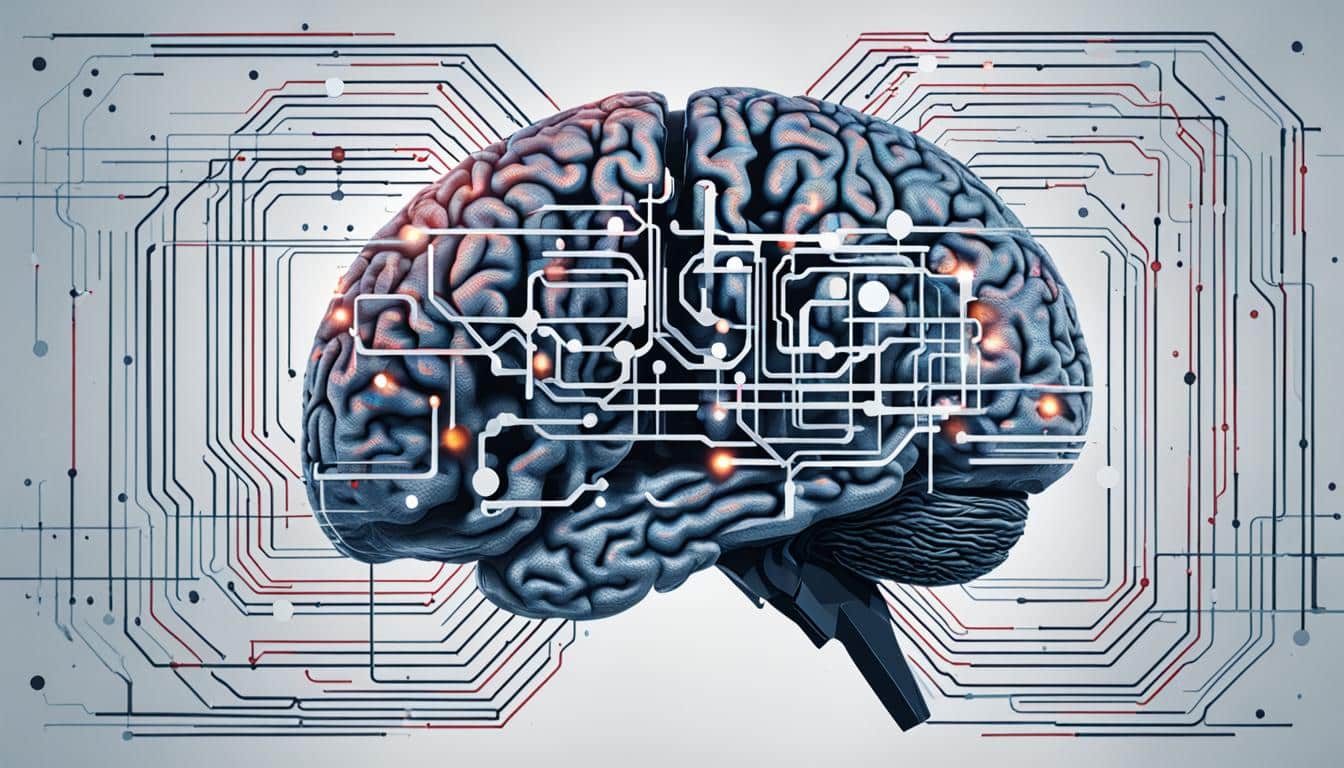
Gen AI's pitfalls and why the business impact remains stagnant
No technology, especially in its early adoption phase, is without fault. Even with the popularity generative AI has gained in both the eyes of businesses and consumers alike, its imperfections cannot be glossed over. Hallucinations and biases in training data, among other issues, are leading business owners to hesitate when considering adoption.
While some early adopters have found ways to adopt large language models (LLMs) as they exist today, many feel they are left with essentially two options. Wait until improvements come or governmental guidelines are put in place to ensure the safe use of the technology, potentially being left behind, or adopt now and without letting AI touch business-critical systems. Neither of these options is truly viable, so where can businesses go from here? Diving below the surface coverage of gen AI to understand both its pros and cons will help modern businesses to determine where they can safely implement LLMs tomorrow.
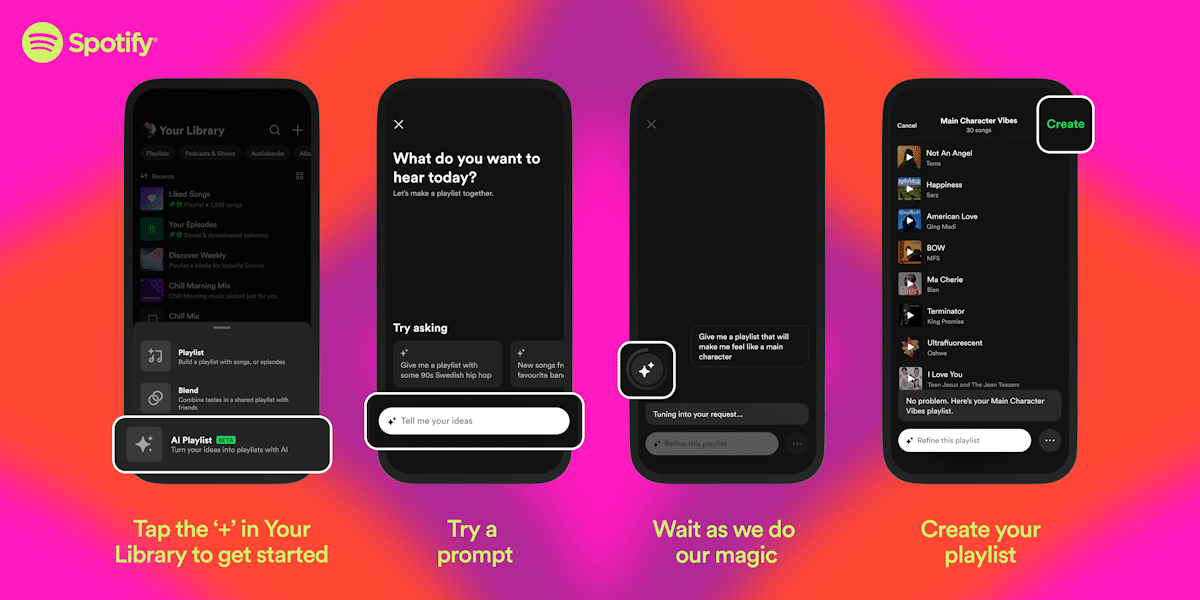
Spotify launches AI Playlist feature
Spotify's new AI Playlist feature adds an AI component to the creation of playlists on the site. All it takes is to feed the AI some text and it does the rest.
Feed it "sing along songs while riding on a pony in Colorado", "songs while waiting for the microwave to go 'ping'", or "songs for boring bus rides in downtown LA", and you should get a list of matching music almost instantly.
